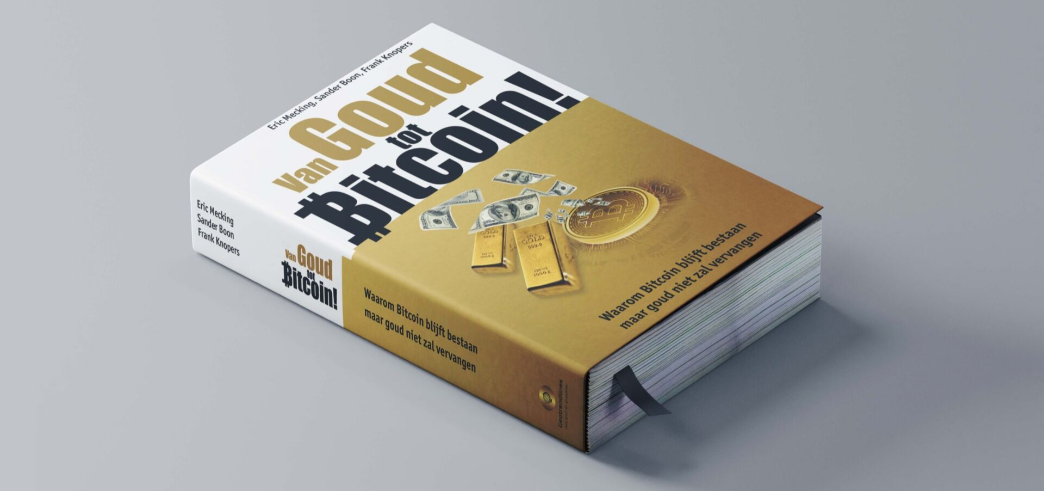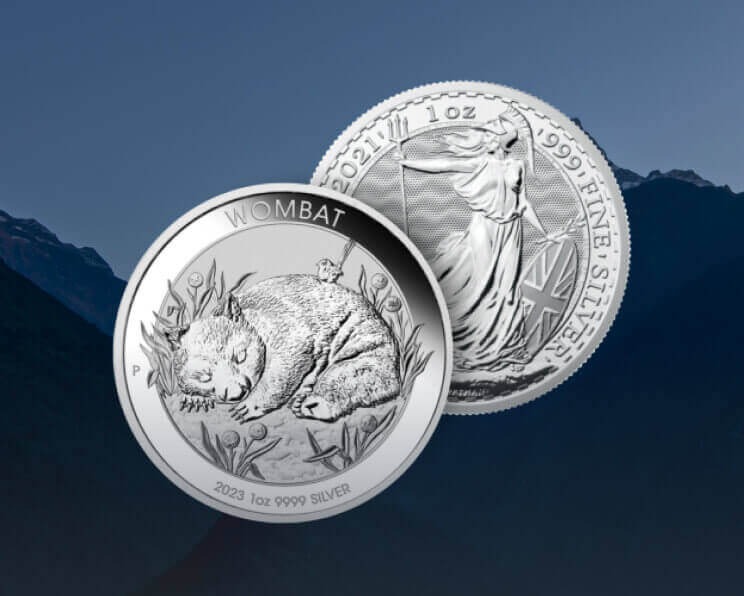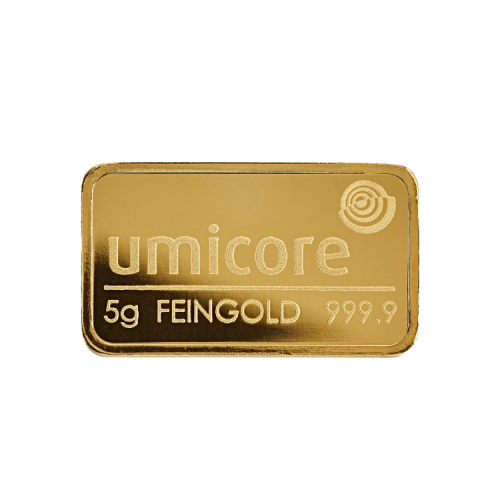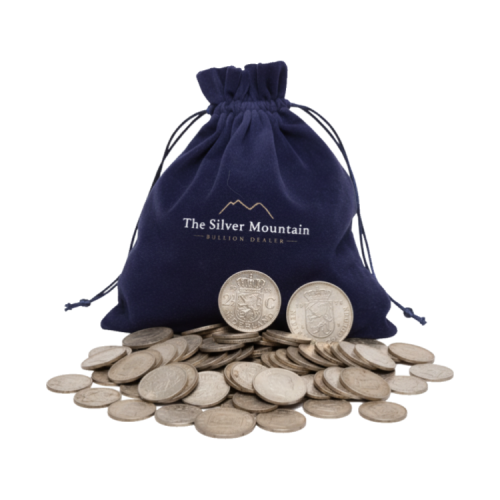Interview with the authors of the book 'From Gold to Bitcoin!'
Update: 4 December 2024 Reading time: 15 min

In this article an interview with the writers of the book 'from goud to bitcoin'
About geotrendlines
We are Frank Knopers (business economist), Sander Boon (political scientist), and Eric Mecking (historian). We work together to publish analyses and news on Geotrendlines about current economic and geopolitical developments. Frank started the website in 2017 with Sander, and Eric joined in 2019. Geotrendlines is a platform that connects money, gold, and geopolitics, allowing us to write about current events from a unique perspective. We study major economic and geopolitical trends from a global viewpoint, allowing us to delve deeper because we've been following these markets for years and can examine them from various areas of expertise.
Why write a book?
Eric had already written several books and suggested the idea of writing a new book together. Sander and Frank also had ideas they wanted to explore in a book, so we decided to join forces and launch a new book through Geotrendlines. Moreover, we felt that the current times called for a fundamental book that puts Bitcoin and gold in the right perspective. We live in an era of increasing financial repression, with negative interest rates, frozen bank accounts, and bans on cryptocurrencies in some countries. As governments become more authoritarian and further restrict the freedoms of citizens, alternatives like Bitcoin and gold have become even more important. That's what we're trying to convey in our book.
The rapid pace of developments means that savers must be prepared for different scenarios. The safety of savings in banks is no longer guaranteed. Anyone with some wealth must think carefully about ways to protect it from financial repression and political risks—especially since savings no longer earn interest. We believe that our monetary system no longer functions properly, as it has put governments in a position to spend money almost without limit. Additionally, the current system favors debtors over savers. Saving is no longer rewarded, while borrowing is. As a result, economic and financial market excesses increase, and the moral foundation erodes.
What message do you want to convey with this book?
Since our current monetary system no longer functions well, more and more people are turning to precious metals and virtual currencies—assets that exist outside the current repressive and unstable financial system. In our book, we explain that both Bitcoin and gold symbolize (financial) freedom and sovereignty. There are many similarities between the two but also some important differences. Hence the book's title, From Gold to Bitcoin.
In our book, we show that the functioning of money has remained fundamentally the same, but that monetary systems have changed throughout history. We have moved from a gold standard to a gold exchange standard, then to a gold-dollar standard, and finally to a state debt standard—a system based purely on debt. Historically, this is often the final phase before a monetary system collapses entirely and a "reset" of the system is needed. We explain that gold and Bitcoin can serve as a safe haven—to protect your wealth through a monetary crisis.
Can you tell us more about the cyclical nature of monetary systems?
The book is divided into three parts. In the first part, Eric focuses on the rise and fall of global empires—such as Spain, the Netherlands, Great Britain, and the United States of America. The message and parallels with the present show that every major world power is built on new financial ideas and discoveries—what we now call innovation. This brings economic growth and prosperity, followed by a period in which the gap between rich and poor widens. The ruling class enriches itself at the expense of the rest of society, leading to a "regent mentality" where self-interest takes precedence over national interest. Corruption and backroom deals become dominant, social cohesion declines, and power wanes, allowing a more innovative, effective, and efficient power to take over.
Such geopolitical transitions happen gradually but are often accelerated by war. The lesson we can learn is that history repeats itself over and over, and everything runs in cycles. It is a natural law, similar to the changing seasons. Cycles form the basis of human, social, and global affairs and recur regularly.
You also cover the role of government debt and the uurodollar market. Why?
In the second part, Sander explains how government debt gradually took over the role of gold as the foundation of our financial system. It was the ultimate attempt to render gold's monetary role obsolete. By using debt as collateral, the modern monetary system can continue stacking debt upon debt. This led to nearly seven decades of almost uncontrolled money and credit growth, making us appear much wealthier on paper.
We have overestimated our wealth because we have started saving in debt—such as our pension funds, which invest a substantial portion of their assets in government bonds. These investments are an important pillar of our welfare state, yet they currently yield virtually nothing and are likely to lead to significant losses in the future.
Was decoupling the dollar from gold in 1971 the turning point?
We show that the decoupling of the dollar from gold in 1971 was not the real turning point in monetary history. It was merely the logical outcome of a development that began much earlier—with the rise in 1955 and rapid growth in the 1960s of a private offshore interbank eurodollar market. We also describe how the stacking of debt reached new heights, for example through the growth of shadow banking and the repo market in the 1990s.
Banks began using dollar loans as collateral for new loans, which caused the money supply to grow at an ever-faster pace, beyond the reach of central banks. The rise of the eurodollar market and shadow banking sidelined central banks. We describe how even central banks were surprised by the speed at which this new transnational dollar system developed. By the time the U.S. Treasury removed gold from the monetary system in 1971, the Federal Reserve had already lost control of the dollar and the financial system.
What are the consequences now?
Our financial system was already off track before 1971, but due to globalization and the creation of a credit bubble, we hardly noticed over the past few decades. Now, as the economy struggles and geopolitical tensions rise, the fundamental flaws in our monetary system are becoming more apparent. Think of the great volatility in financial markets, persistently low interest rates, and monetary policies that no longer work. Even large-scale purchases of government bonds have little effect. The current system proves inherently unstable, the global architecture outdated, and the power of central banks an illusion.
Why gold and bitcoin?
In the third part of the book, Frank explains why gold and Bitcoin are so important now to protect your wealth. He explains how Bitcoin and blockchain technology work and why they are revolutionary. Frank provides everything readers need to understand gold and Bitcoin better and explains the differences between the two. In the book, we also translate these insights into personal situations, showing that there are alternatives to savings accounts to make wealth crisis-resistant. Why keeping all your assets in a savings account can be risky. Keeping money in the bank may feel safe, but as our historical analysis shows, there have been numerous examples in history where savers lost their money or saw their purchasing power evaporate.
We explain in our book why gold is very suitable as an alternative savings instrument and can protect wealth. We also explain why buying gold is socially responsible. We show why precious metals symbolize financial-economic freedom and sovereignty. We explain how to buy and store physical gold and silver and answer practical questions about buying and storing cryptocurrencies like Bitcoin. We provide practical tips so that everyone can safely and thoughtfully transition to precious metals and virtual currencies.
What is happening in the current market?
As history has known various significant turning points, we believe we are again at a crucial juncture. In fact, it is an extremely important one because we now have bubbles in the stock markets, housing markets, and bond markets worldwide. We see the latter as the "mother of all bubbles." Recent developments in Ukraine could accelerate all of this. The Russian invasion has caused turmoil in financial markets. Energy prices are soaring, and instability is brewing again in the monetary realm.
Several Russian banks have already been cut off from the SWIFT payment system, meaning the country can no longer access part of its reserves. This is effectively a form of warfare, with potentially far-reaching consequences—especially since Europe is dependent on oil and gas from Russia and needs an alternative way to pay for it. This could turn the entire structure of the international monetary and financial system upside down. Shortly after the announcement of Western financial sanctions, the Russian central bank announced it would resume its gold purchases—another clear signal to the West.
Why are gold and bitcoin particularly relevant now?
Bitcoin's arrival in 2009 was a response to the credit crisis when the financial system was deemed morally bankrupt. Banks remained standing with government guarantees, but taxpayers were left footing the bill. Bitcoin and blockchain opened the doors to a new economy where anyone can do business directly without the involvement of a central authority. A world where people can make payments globally without high transaction costs, outdated banking systems, or economic sanctions.
The speed with which this new cryptocurrency technology is developing is making governments, central banks, and commercial banks nervous, as they are losing their privileged position to bring money into circulation. By launching digital central bank money, central banks are making one final attempt to gain total control—control over people and society. This worrying scenario will only strengthen the flight to precious metals and cryptocurrencies in the coming years.
Who is this book for?
Our book is written for anyone concerned about the economy and who wants to protect their wealth. We outline the historical background of monetary systems and show readers that there is much to learn from history—which will also help you prepare for the future. We have tried to make the book as accessible as possible, with concrete tips on investing in precious metals and cryptocurrencies in the third part. However, even the more advanced reader will find new insights in this book, such as the role of central banks and the eurodollar market. Our book is therefore a must-read for anyone who wants to better understand our monetary system.
Where can you buy the book?
Our book is available from all (online) bookstores in the Netherlands and Belgium for €34.95. The first edition sold out within a month, but the second edition is now available directly from stock. From Gold to Bitcoin! can also be ordered as an e-book for €19.95. You can order the physical book and e-book directly through the Geotrendlines webshop.
Disclaimer: The Silver Mountain does not provide investment advice and this article should not be considered as such. Past performance is no guarantee of future results.
 Over Rolf van Zanten
Over Rolf van Zanten
Director and owner










-Psfmhzrc-web_normal.png)


